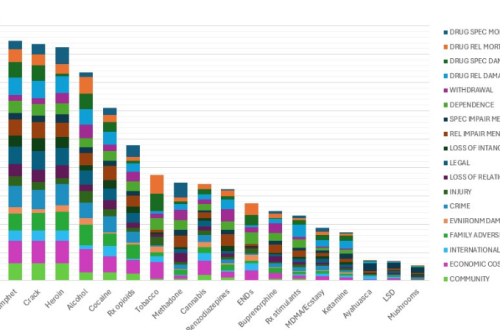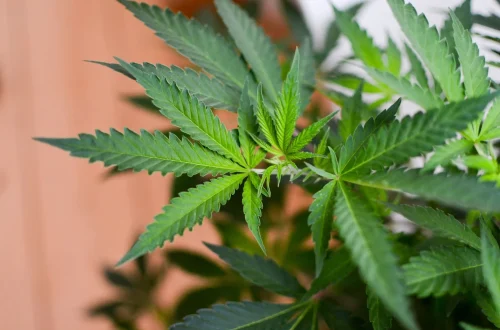Drug Policy Question of the Week – 8-19-12
As answered by Mary Jane Borden, Editor of Drug War Facts for the Drug Truth Network on 8-19-12. http://www.drugtruth.net/cms/node/3945
Question of the Week: As a multiple part series on drug control models, the question for this week asks, What is drug depenalization?
Depenalization is often confused with decriminalization. In fact, according to the Global Commission on Drug Policy, depenalization in Spanish
“often refers to what in English is most often called decriminalization.”
The Global Commission describes depenalization as
“the relaxation of the penal sanction provided for by law,” and the “elimination or reduction of custodial penalties, although the conduct or activity remains a criminal offence.”
A 2011 report from the World Bank quotes Glenn Greenwald’s definition of depenalization as a drug control model in which,
“drug usage remains a criminal offense, but imprisonment is no longer imposed for possession or usage even as other criminal sanctions (e.g., fines, police record, probation) remain available.”
A 2002 Canadian Journal of Public Health article stated that under depenalization,
“Penalties for possession are significantly reduced and would include discharges, diversion to treatment instead of jail for possession of large amounts and trafficking, and “parking ticket” status for possession of small amounts for personal consumption.” But under this regulatory model, “The black market for heroin and cocaine is created and maintained.”
The World Bank says that,
“depenalization, has been applied to marijuana in 12 (now 13) U.S. states, the Netherlands, Italy, Spain and parts of Australia.”
But that,
“There is no obvious channel by which [it] would reduce the much larger problem of systemic violence associated with drug trafficking.”
Hence, while drug depenalization reduces drug penalties, it does nothing to end the drug war.



